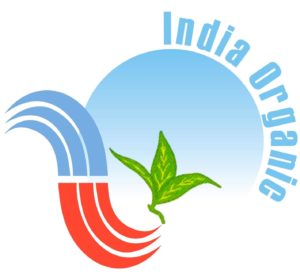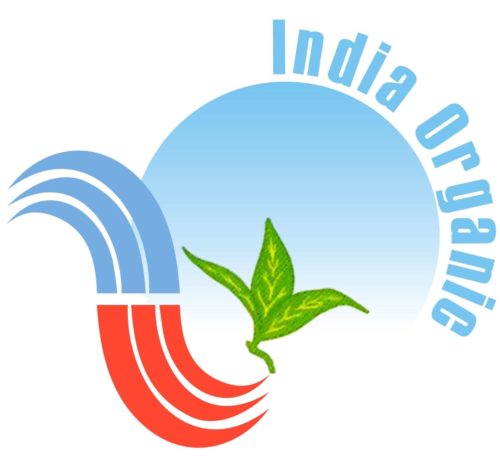
Embarking on a transformative journey through six chapters, we traverse India's landscape, exploring pioneering startups and their revolutionary...
Organic Products must conform to the standards laid down by the National Programme for Organic Production (NPOP), which are available on APEDA website.
A farm or product will be certified with the India Organic Certification Mark when it complies with NPOP standards. If the product you are buying has this logo, then it’s certified organic!

But certified by who?
An “Accredited Certification Body” is recognized by the National Accreditation Body to certify organic products and grant the right to use the Certification Mark. (See these Accredited Certification Bodies in the slider below)
The Government of India recognizes various accreditation agencies, including Agricultural and Processed Food Products Export Development Authority (APEDA).
This certification provided under NPOP is recognized by the European Commission, Switzerland, and the USDA.

First of all, the farm must be free from prohibited substances (synthetic chemicals, etc) for a period of three years, called the “conversion period”. This is to give sufficient time for the operation to become fully organic.
It should be noted that smaller farmers that are practicing conventional agriculture can find this time period especially daunting, as their profits will take a hit. Measures are required to balance the losses during this period so that smaller farmers will be further encouraged to convert to organic agriculture.
After the conversion period, the operation is eligible for certification. That’s why you might hear some farms claiming to be “organic for x years, and certified organic for y years”.
The certification can cost farmers Rs.10,000-60,000, depending on the type of product, the size of the operation, and the agency chosen to do the certification.

It provides the standards for organic production, systems, criteria and procedure for accreditation of Certification Bodies, the “India Organic” Logo and the regulations governing its use. The standards and procedures have been formulated in harmony with other international standards regulating import and export of organic products.
More information on definitions related to organic agriculture here

This is what the Krishijagran site has to say about the logo:
“The India Organic logo celebrates the essence of nature.
Symbolizing the rhythm of cosmic and earth forces represented by the blue and brown waves of force and energy, these forces work in harmony upon the earth’s environment and this rhythm is reinforced and supported by the green plant growth.
The colours used have a special significance in the logo concept.
Beautifully synthesizing all the elements of our environment, the logo also communicates total adherence to the National Organic Standards.”
